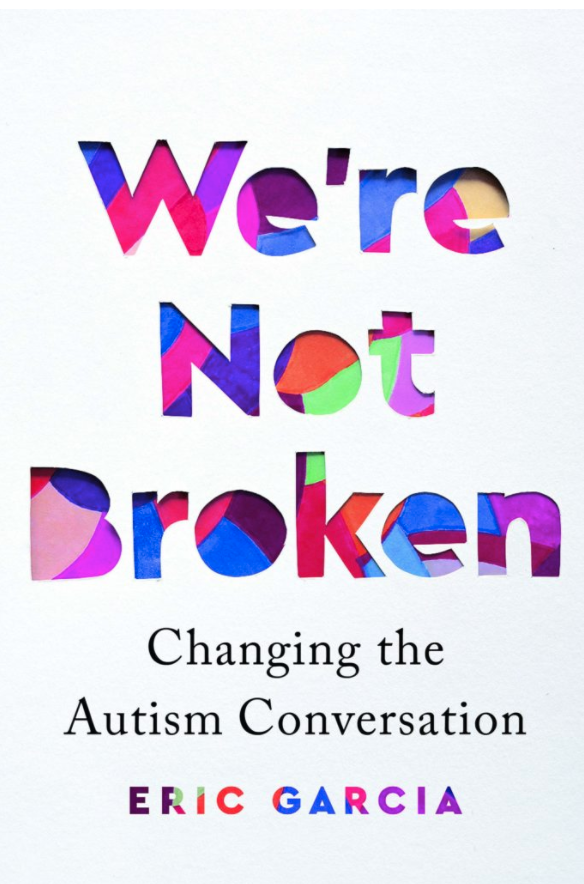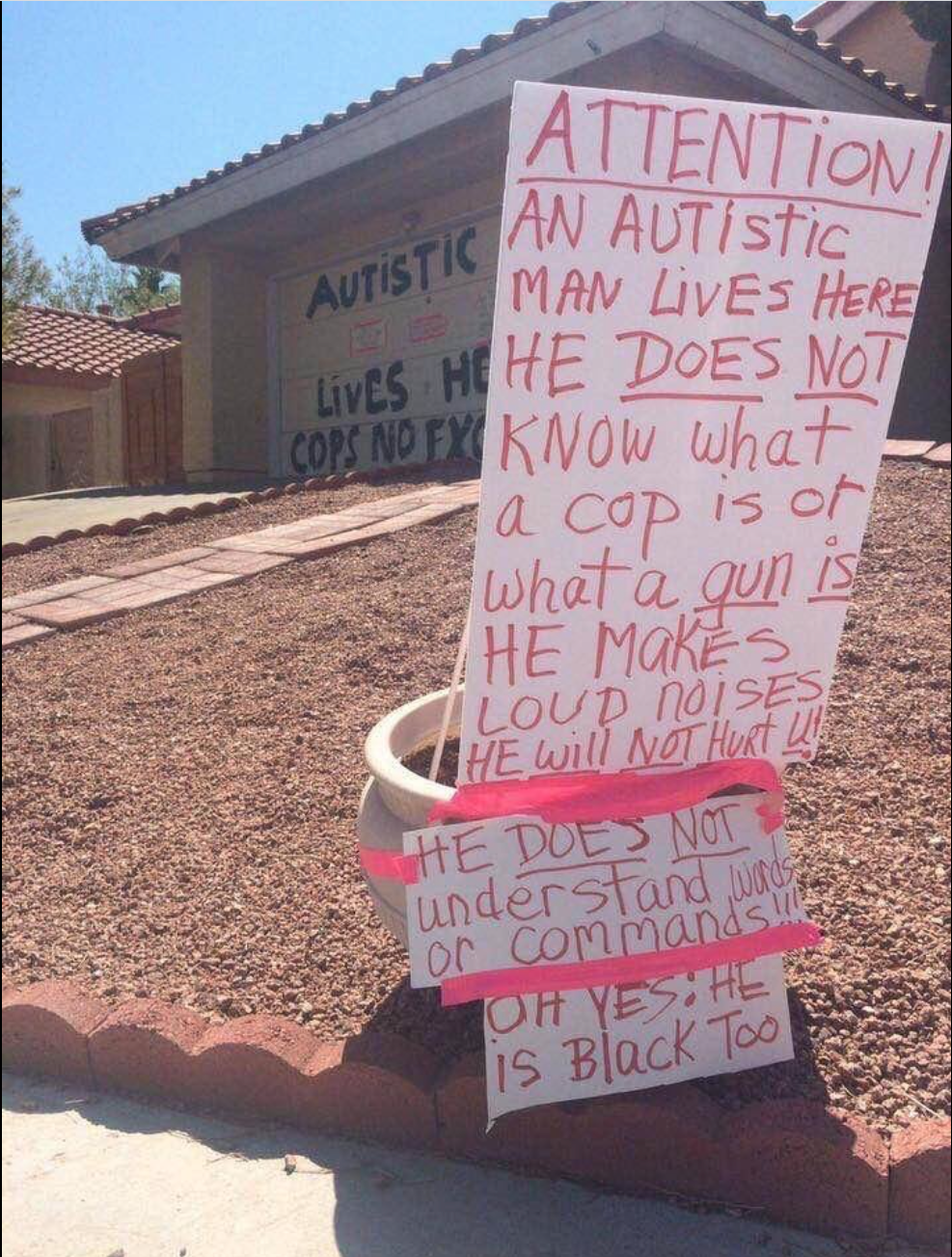It’s finally summer! School’s out, and families are looking forward to all the fun that can accompany this welcome, much-needed break.
Read MoreJohn Elder Robinson, author of Look Me In The Eye: My Life With Asperger’s Syndrome was 40 years old when he discovered that he was autistic. This revelation transformed the way he saw himself—and the world.
Read MoreTurns out, this can actually be problematic to define. But we know when we or our loved ones have lagging social skills — because we see them, or ourselves, struggle to initiate, cultivate, and maintain relationships with others. And this causes so much pain.
Read MoreSince Temple Grandin made headlines in the 1980s as the first openly autistic adult to be recognized in the media, many autistics have made memoirs about their personal experiences since her heyday. However, most just cover one perspective of autism but don’t highlight the rest of the spectrum. We’re Not Broken: Changing the Autism Conversation by Eric …
Read MoreBy the time an autistic teen or adult reaches that age, they’ve already had “social skills.” But they haven’t seen any improvement in real life! That’s because their learner has not only not received enough intervention, they’ve also been taught using an ineffective methodology. Let’s change that!
Read MoreSleep issues in autistic and other neurodivergent people are quite common, especially during the teen years.
Read MoreThere is nothing that can stop Greta Thunberg from becoming an environmental campaigner. As she strives to win over hearts and minds all across the globe, her autistic profile may really be an asset.
Read MoreHonesty, fearlessness, quietude, solitude, and routine are characteristics and values that can benefit us all.
Read MoreThe big problem is that the DSM-5 criteria are written as a set of fixed, deficits-focused observations about the behavior of Autistic children. At no point does the DSM move into motivations or reasons for the behavior, and at no point does the DSM advocate that Autism can be anything apart from a pathology (and doesn’t discuss the impact of autism on teens and adults).
Read MoreIf you want to find people with whom you share common interests, one way is to keep your eyes open and check out other people’s style. An anime t-shirt, a fringed leather jacket, or old-school Vans all make various statements about the wearer. Does your style truly represent who you are, on the inside?
What are the questions guiding your practices to help improve the quality of life for autistic people?
Read MoreSome of Bourdain’s characteristics remind me of autism and the ADHD that is often comorbid. Intensity and laser-focus around special interests. Driven by a motor to keep moving. Struggle to sustain relationships, despite best efforts.
Also, depression and anxiety.
Autistic people are 15-35% more likely to be LGBTQIA+ (versus 4.5% of all Americans), and 7.59x more likely to be transgender and/or gender diverse. That's so cool! All of the steps we take to know and improve ourselves are to be celebrated!
Read MoreOur first Spectrum Life Magazine ad comes out tomorrow, celebrating the 10-year anniversary of Autism Empowerment, a 501c-3 devoted to serving autistic children, teens, adults and their families.
Read MoreLGBTQIA culture is Autistic culture!
Did you know that autistic people are more likely to identify as queer/trans/non-binary? Autistic people say so themselves — that's their lived experience — and the research supports this.
Why, though? Because:
Read MoreWhy should employers hire autistic people? Because they have some very valuable strengths that benefit the entire organization!
Read MoreMay is Mental Health Awareness Month. For those with the social isolation caused by peer rejection and exclusion, the anxiety and depression increases.
Photo by Irina Gorskaia on Unsplash
Read MoreWe have heard of stories across America were members of the LGBTQIA+ have announced their liberty of sexuality to their loved ones and it didn’t end so well.
Read MoreThis diagnostic disparity means that BIPOC children may not get the support and services they need to be successful. They may instead receive a diagnosis of Emotional Disturbance, or Oppositional Defiant Disorder. They may not receive a diagnosis at all. And they may end up in jail, or dead, as a result lack of society’s understanding of autism, as well as the impact of untrained community members and lack of social support.
Read More


















